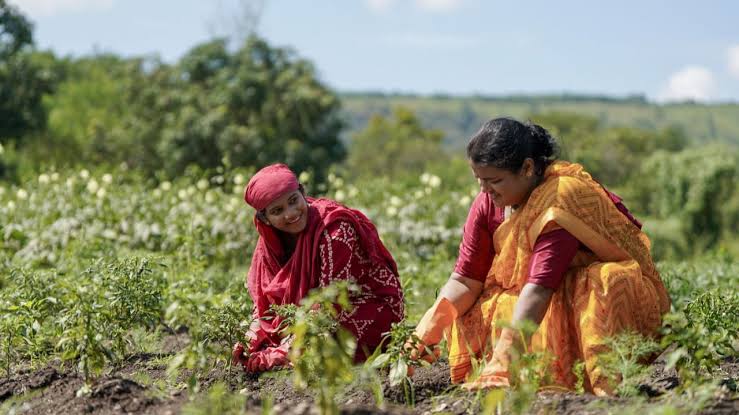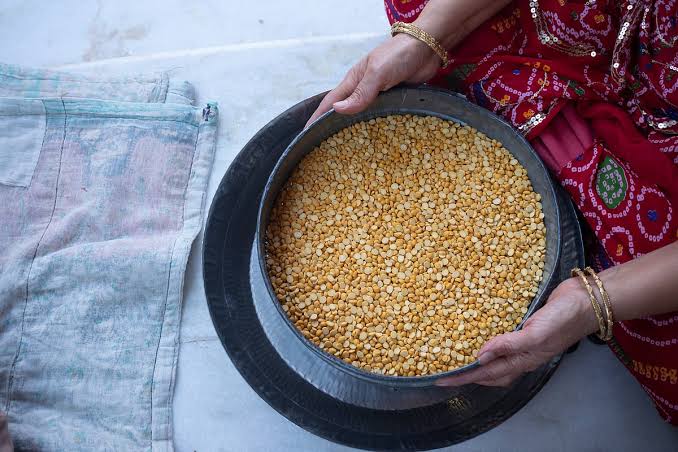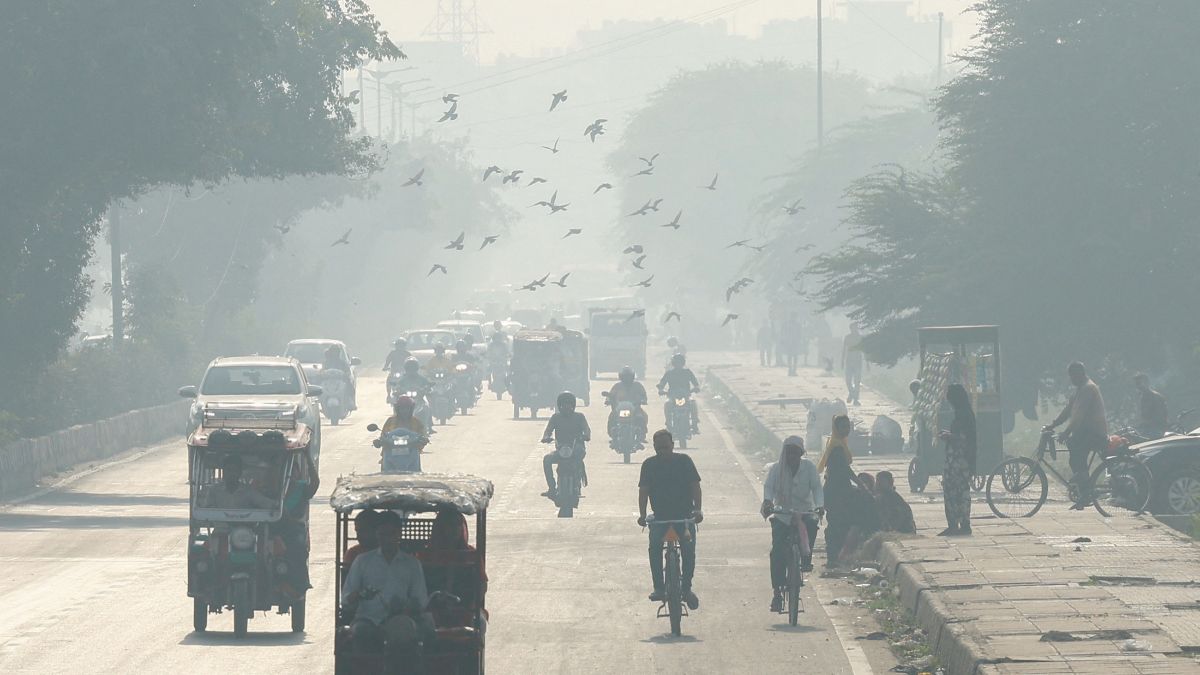In a major step towards ensuring price stability and financial security for farmers, the Government of India has approved the continuation of the Pradhan Mantri Annadata Aay Sanrakshan Abhiyan (PM-AASHA) Scheme until 2025-26. This decision, made under the 15th Finance Commission cycle, reinforces the government’s commitment to providing farmers with fair prices for their produce while ensuring essential commodities remain affordable for consumers. The scheme aims to streamline procurement operations, reduce price volatility, and boost domestic production, particularly of pulses, oilseeds, and copra.
 In a significant move, the government has announced that it will procure 100% of the production of Tur (Arhar), Urad, and Masur in participating states for the 2024-25 procurement year. This decision aligns with India’s broader goal of reducing dependence on imports and achieving self-sufficiency in pulse production. The commitment was further reinforced in the 2025 Budget, which extended this procurement guarantee for the next four years through central nodal agencies like NAFED and NCCF.
In a significant move, the government has announced that it will procure 100% of the production of Tur (Arhar), Urad, and Masur in participating states for the 2024-25 procurement year. This decision aligns with India’s broader goal of reducing dependence on imports and achieving self-sufficiency in pulse production. The commitment was further reinforced in the 2025 Budget, which extended this procurement guarantee for the next four years through central nodal agencies like NAFED and NCCF.
Union Minister for Agriculture and Farmers’ Welfare, Shri Shivraj Singh Chouhan, has approved Tur procurement in nine states, including Andhra Pradesh, Chhattisgarh, Gujarat, Haryana, Karnataka, Madhya Pradesh, Maharashtra, Telangana, and Uttar Pradesh. A total of 13.22 Lakh Metric Tonnes (LMT) of Tur will be procured under the Price Support Scheme (PSS) for the Kharif 2024-25 season. The procurement process has already begun in Andhra Pradesh, Karnataka, Maharashtra, and Telangana, benefiting 12,006 farmers, with 0.15 LMT of Tur already purchased as of February 15, 2025. Other states are expected to commence procurement soon.
This initiative is a crucial step towards safeguarding farmers’ interests, preventing distress sales, and stabilizing pulse prices in the market. The assurance of government-backed procurement provides much-needed relief to farmers, ensuring that their hard work translates into fair financial returns. By committing to 100% procurement, the government not only protects the livelihoods of thousands of farmers but also strengthens India’s food security in the long run.




